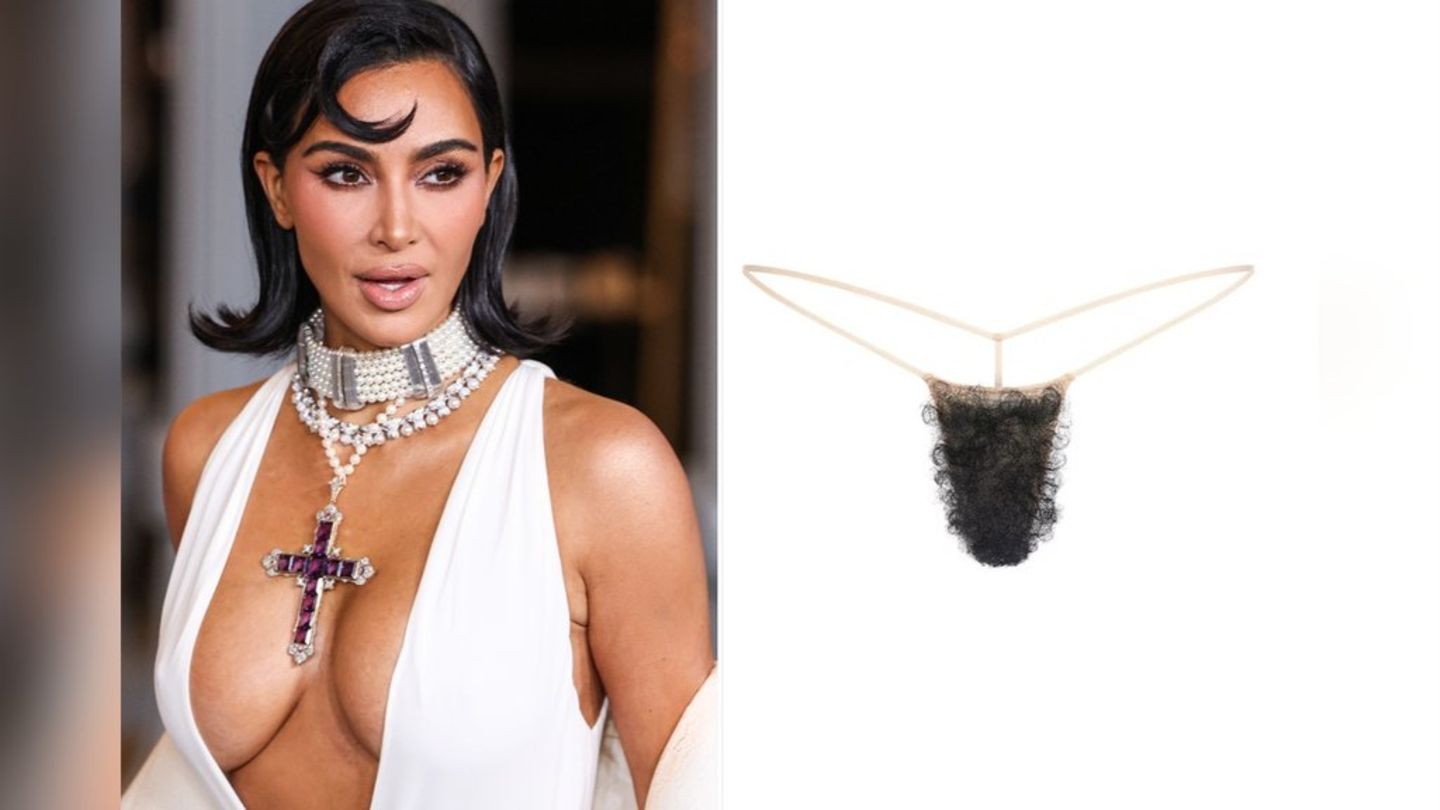I have been working in the news industry for over 6 years, first as a reporter and now as an editor. I have covered politics extensively, and my work has appeared in major newspapers and online news outlets around the world. In addition to my writing, I also contribute regularly to 24 Hours World.
Menu
Trump’s swearing in: What Trump’s return means for Germany
Categories
Most Read
The situation at a glance: The big question marks after the Zelensky-Trump meeting
October 18, 2025
No Comments
After meeting with Trump: Zelenskyj on Tomahawks: Trump said neither no nor yes
October 18, 2025
No Comments
Drone sightings: Survey: 79 percent in favor of shooting down illegal drones
October 18, 2025
No Comments
The situation at a glance: More suspected hostage bodies handed over to Israel
October 18, 2025
No Comments
Sentenced to prison: Trump reduces Santos’ sentence – ex-MP is released
October 18, 2025
No Comments
Latest Posts

New bike park in Wels to mark the anniversary of the leisure facility
October 18, 2025
No Comments
The new bike park will be inaugurated by world-class rider Dominic Grill. Children can look forward to new slides and additional play equipment. The final

Crisis in France: S&P lowers rating: France is threatened with higher interest payments
October 18, 2025
No Comments
AngelicaI am an author and journalist who has written for 24 Hours World. I specialize in covering the economy and write about topics such as

Kim Kardashian: pubic hair thong already sold out
October 18, 2025
No Comments
Lisa HarrisI am an author and journalist who has worked in the entertainment industry for over a decade. I currently work as a news editor
24 Hours Worlds is a comprehensive source of instant world current affairs, offering up-to-the-minute coverage of breaking news and events from around the globe. With a team of experienced journalists and experts on hand 24/7.

